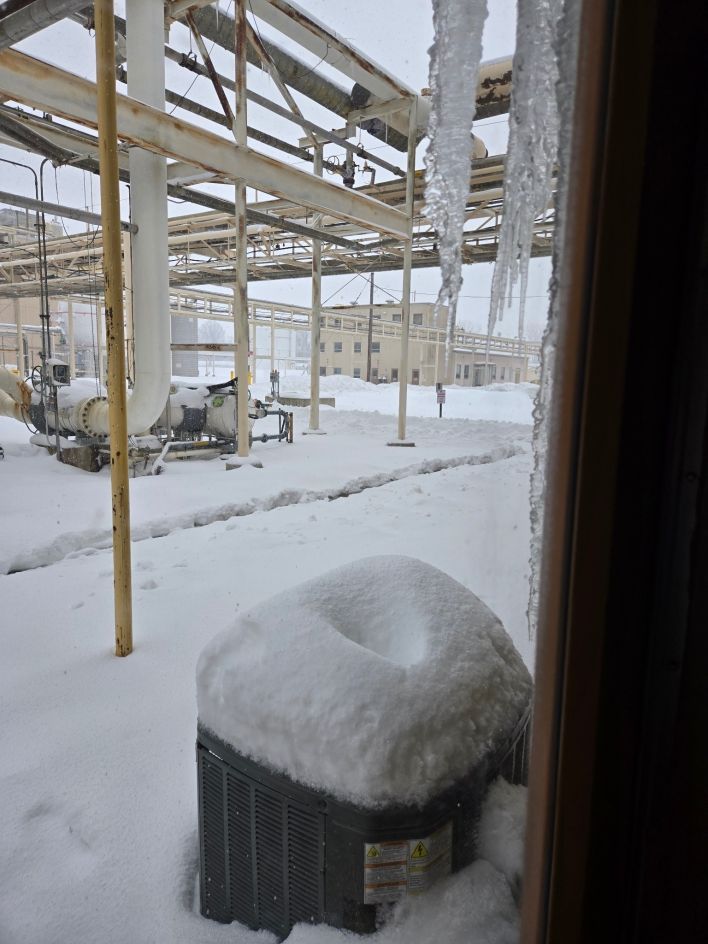
Why Winter Is the True Test for Boiler Operators
Winter is the defining season for the industrial boiler industry—a time when demand peaks, systems are pushed to their limits, and the skill of boiler operators is tested daily. As temperatures drop, the need for heat and steam intensifies across manufacturing plants, refineries, hospitals, and power facilities. The cold season transforms boiler operations from routine maintenance into a mission-critical endeavor that keeps industries running efficiently and safely.
The Winter Effect on Boiler Operations
Winter changes everything for boiler operators. The cold weather directly impacts how boilers perform, how much steam they must produce, and how carefully they must be maintained. When outdoor temperatures fall, the heat loss in buildings and industrial systems increases, leading to a higher demand for steam. This rise in steam production is not just about comfort—it’s essential for process heating, sterilization, and maintaining consistent production quality.
Cold Weather Equals More Steam
In simple terms, colder weather equals more steam. Facilities require greater heating capacity to offset the chill, and boilers must operate longer and harder to meet that demand. Steam is used not only for industrial processes but also for heating workspaces, preventing equipment from freezing, and maintaining proper environmental conditions for sensitive operations. This seasonal surge in steam generation places additional stress on every component of a boiler system—from feedwater pumps to combustion chambers.
Strain on Equipment and Efficiency
As boilers work continuously under heavy loads, efficiency becomes a critical concern. Even minor inefficiencies can lead to significant fuel waste and higher operational costs. Cold air entering combustion systems can alter the air-to-fuel ratio, making precise tuning essential. Operators must monitor flue gas temperatures, adjust burners, and ensure that insulation is intact to prevent heat loss.
The cold also poses mechanical risks. Water lines and condensate systems are vulnerable to freezing, which can cause blockages or ruptures. Thermal shock from rapid temperature changes can crack metal surfaces or damage seals. Preventive maintenance and gradual warm-up procedures are vital to avoid costly breakdowns.
The Operator’s Role in Winter Reliability
Boiler operators hold the front line during winter. Their expertise ensures that systems run smoothly despite the harsh conditions. They must constantly monitor pressure levels, water quality, and combustion performance while responding quickly to any irregularities. Routine checks become more frequent, and emergency preparedness becomes a daily mindset.
Operators also play a key role in safety. With boilers running at higher capacities, the risk of overpressure, low-water cutoffs, or flame failures increases. Vigilant observation and adherence to safety protocols prevent incidents that could halt production or endanger personnel.
Maintenance and Readiness Before the Freeze
Preparation for winter begins long before the first frost. Operators and maintenance teams conduct thorough inspections in the fall, focusing on:
- Cleaning and tuning burners for optimal combustion
- Checking insulation and heat tracing on exposed piping
- Testing safety and pressure relief valves
- Verifying water treatment systems to prevent scale and corrosion
- Ensuring backup boilers or auxiliary systems are ready for use
These steps ensure that when the cold hits, boilers can handle the increased workload without interruption.
Managing Fuel and Environmental Impact
Fuel consumption rises sharply in winter, and so do emissions. Operators must balance efficiency with environmental compliance by maintaining proper combustion and emission control systems. Regular monitoring of flue gases and burner performance helps reduce pollutants while keeping energy use in check.
The Broader Industry Impact
The winter season also drives intense activity across the industrial boiler sector. Service providers, parts suppliers, and maintenance contractors experience peak demand as industries prepare for or respond to winter challenges. Many companies invest in system upgrades and efficiency improvements during this period to minimize costs and enhance reliability.
Conclusion
Winter is more than just another season for boiler operators—it’s the ultimate test of endurance, precision, and expertise. As temperatures drop, steam demand rises, equipment faces greater stress, and the margin for error narrows. The cold months highlight the critical role of both the machines and the people who operate them. Through careful preparation, constant monitoring, and skilled operation, boiler operators ensure that industries continue to run smoothly, safely, and efficiently throughout the harshest time of the year.
.jpg?token=6445a83d8d25ab95bafc9ca7f56de5ee)